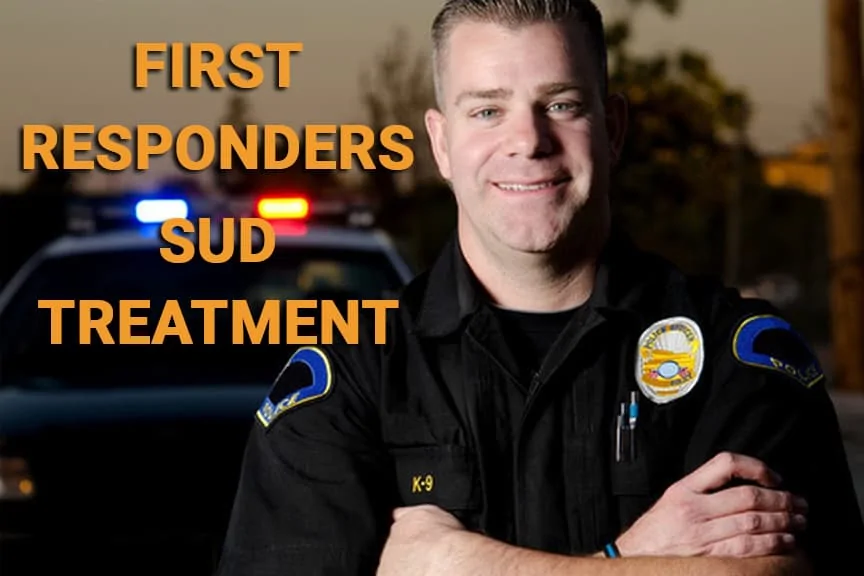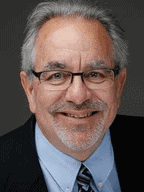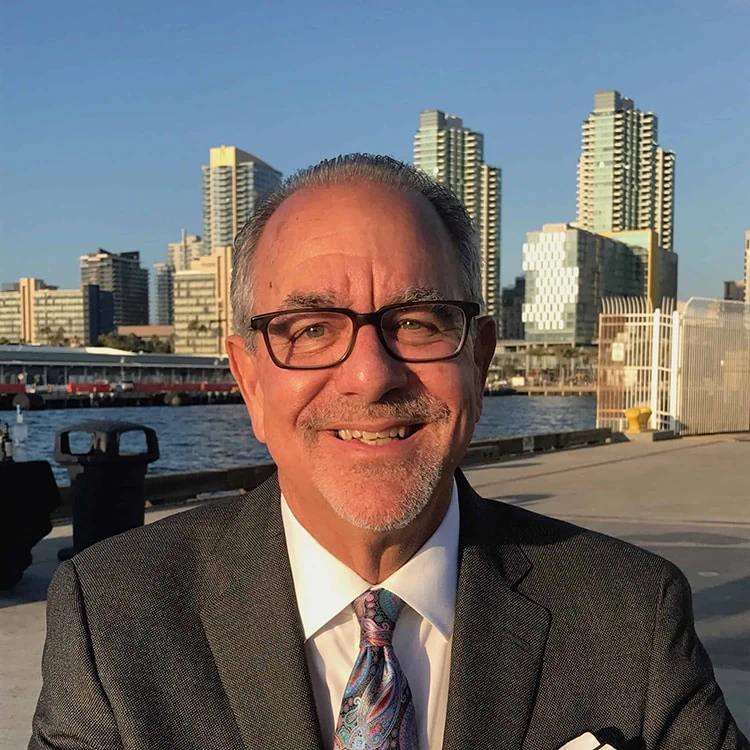
First Responders Need Help for Substance Use Disorders (SUD)
The First and Most Important Thing
Help is available and treatment works. There’s absolutely no downside to reaching out for help immediately to ask questions about your current situation.
Call us now at (619) 452–1200 if you have any questions about addiction or recovery, for you or your loved one.
First Responders Are Expected to Need Help
First responders should not be shy about asking for help with a substance use disorder. It has always been 'part of the job,' and the recent pandemic and other societal factors have increased the stress that first responders and emergency personnel are under.
If you are a member of the police, fire department, or medical community, your organization has infrastructure to support you getting help. Contact your employee assistance department to get help.
Who Pays for the Treatment?
First responders will job insurance and employee assistance programs to help pay for treatment. When you work with the admissions department at a treatment program, they will help facilitate the process of contacting your insurance benefits provider and explaining what your 'out of pocket costs' (if any) will be. You will want to have a copy of your benefits card ready to show the admissions counselor.
Why First Responders Need Specialized Addiction Treatment
It is generally helpful for all people who seek treatment to be with their peers. Firemen, police, paramedics, and doctors respond better to treatment if it involves a group of other emergency personnel. Our treatment center in San Diego provide outpatient treatment that many veterans and first responders.
First Responders Need Tools to Manage Stress
First responders will need to be given tools to manage stress as they returned to their professions. Mindfulness training and experiential activities are very helpful
Enhanced Relapse Prevention Training for those with Access to Medications
Many first responders like doctors, nurses, and paramedics, will also often have access to medications when they return to their professions. This requires additional relapse prevention tools so that the person .
Evidence Based Treatment
Read our article called Addiction Treatment 101 to learn about the various levels of treatment. This article will answer many of your questions. Access to the full range of other evidence-based treatment modalities. At our San Diego outpatient treatment program, here are some of the activities that recovering first responders participate in:
- Individual therapy sessions
- Group therapy
- Experiential therapy
Why Wait When Help is Available Now?
Treatment that is effective and tailored to meet the needs of San Diego first responders is available now. Addiction is progressive and the people who really get better are those who get clinical help. Call us today to get the process started so that you or the first responder in your life gets the necessary help to live life without the influence of substances.
You can call us right now at (619) 452–1200 if you want to talk to one of America’s leading experts in overcoming addiction.

About Confidential and Scott H. Silverman: Scott has been fighting against addiction for over 20 years, one person, speech, and book at a time. Contact us by calling (619)452-1200 or visit Your Crisis Coach to learn more about Scott's work and public appearances. You can buy a copy of his latest book "The Opioid Epidemic" here.
Categories
First Responders
